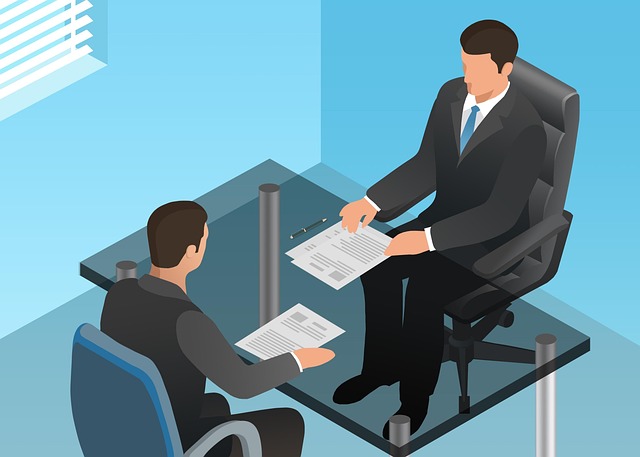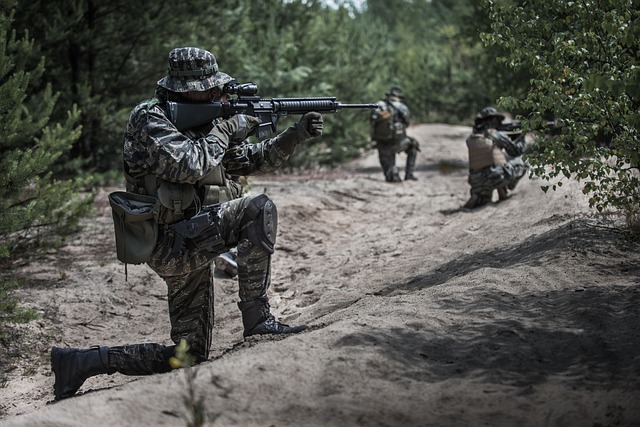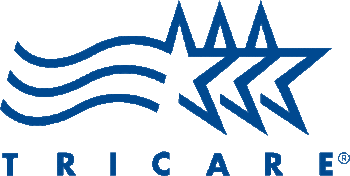DoL Local Veterans’ Employment Representatives (LVER) Program

Veterans seeking employment after their military service can use a network of support programs to do so, including getting the help of a Local Veterans’ Employment Representative, or LVER. These individuals are employment experts who work to connect veterans with jobs after leaving military service.
DoL Local Veterans’ Employment Representatives (LVER) Program
Though they serve veterans, these representatives are not employees of the Department of Veterans Affairs. Instead, they are part of a federal program managed by the United States Department of Labor. Their mission is to facilitate the hiring of veterans by engaging directly with the business community.
Program Structure and Funding
The foundation for the LVER position is the DoL Jobs for Veterans State Grants program, known as JVSG. The Department of Labor’s Veterans’ Employment and Training Service, or VETS, oversees this grant program.
- VETS allocates funds to each state, territory, and the District of Columbia.
- The state workforce agencies then use this money to hire staff dedicated to veteran employment.
- These staff members are state employees who work in American Job Centers, which are facilities that provide a range of employment services to the public.
The JVSG program funds two distinct but complementary positions: the LVER and the Disabled Veterans’ Outreach Program specialist, or DVOP. While both roles focus on veteran employment, they have different functions. LVERs are primarily employer-facing. Their work involves building relationships with companies and advocating for the hiring of veterans. DVOP specialists are veteran-facing.
They provide intensive services to individual veterans who face challenges in finding employment. This separation of duties allows for a focused approach to both sides of the employment equation: the job seeker and the job creator.
Employer Engagement
The main function of an LVER is to conduct outreach to employers. This involves developing and maintaining relationships with hiring managers, human resources staff, and business owners.
The goal of this outreach is to promote the advantages of hiring veterans. LVERs serve as consultants to businesses, helping them understand the skills and attributes that veterans bring to the civilian workforce. They can explain how military experience translates to civilian job requirements, a task that can be a hurdle for many employers.
LVERs advocate on behalf of all veterans looking for work. They encourage companies to create veteran hiring initiatives and to use the state job bank and other resources to find veteran candidates.
An LVER might conduct a seminar for a group of local businesses, explaining the benefits of employing former service members. These benefits can include tax credits and access to a unique and disciplined talent pool. The LVER acts as a bridge, connecting the business community’s need for skilled workers with the supply of qualified veterans.
This work requires LVERs to understand the labor market. They must stay informed about which industries are growing and what skills are in demand within their geographic area. They use this information to guide their outreach efforts, focusing on companies that are most likely to have job openings suitable for veterans.
Coordination with Veteran Services
While LVERs focus on employers, their work is coordinated with the efforts of DVOP specialists.
- The DVOP specialist works one-on-one with veterans who face a significant barrier to employment. These veterans may have a service-connected disability, may have been homeless, or may have other challenges that make finding a job difficult.
- The DVOP provides case management, helping these veterans develop a plan to become employable and find a career.
- The LVER supports this process from the employer side. When an LVER identifies a job opening at a company, they share that information with the DVOP specialists and other staff at the American Job Center.
If a DVOP specialist is working with a veteran whose skills match the opening, a connection can be made. The LVER may facilitate an introduction or help arrange an interview.
LVERs also coordinate with other veteran support organizations and government agencies, participating in job fairs, transition assistance workshops for service members leaving the military, and other community events.
Their role in these events is often to represent the employer perspective, sharing information about what local companies are looking for in candidates.
Implementing Priority of Service
Federal law requires that veterans receive priority of service in all Department of Labor-funded job training programs. This means that if a veteran and a non-veteran both seek a service, and both are qualified, the veteran must be served first. LVERs play a part in implementing this mandate.
By focusing their efforts on creating job opportunities for veterans, they help ensure that veterans are given priority access to the employment system.
The work of LVERs is directed toward all veterans, but they are particularly focused on ensuring that employers are aware of the veteran talent pool as a whole. Their advocacy helps create an environment where hiring veterans is a normal part of a company’s recruitment strategy.
This benefits all veterans who use the American Job Center system, from those who just recently separated from the military to those who have been in the civilian workforce for years.
In practice, this means an LVER might work with a large federal contractor that has specific obligations to hire veterans. The LVER would help the contractor develop a recruitment plan, identify sources for finding veteran candidates, and provide information on how to comply with federal regulations.
They might also work with a small local business that has never hired a veteran before, explaining the process and the value that a veteran employee can bring. In both cases, the LVER is working to expand employment prospects for people who have served in the military.
About the author
Editor-in-Chief Joe Wallace is a 13-year veteran of the United States Air Force and a former reporter/editor for Air Force Television News and the Pentagon Channel. His freelance work includes contract work for Motorola, VALoans.com, and Credit Karma. He is co-founder of Dim Art House in Springfield, Illinois, and spends his non-writing time as an abstract painter, independent publisher, and occasional filmmaker.


